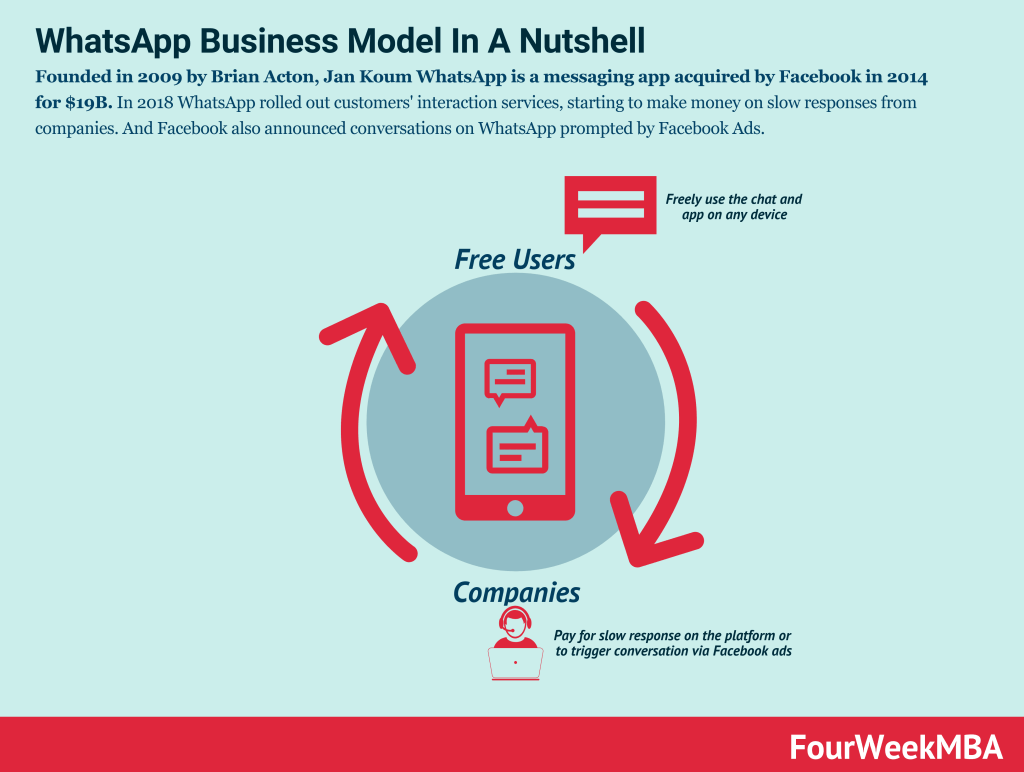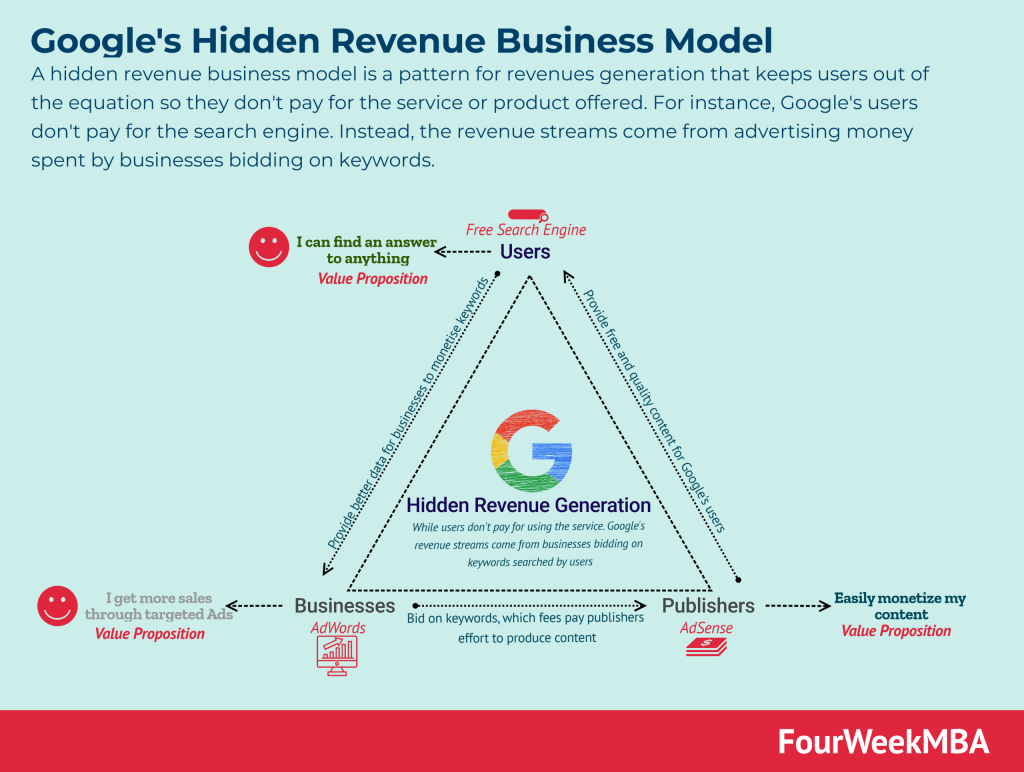- Eduardo Luiz Saverin is a billionaire entrepreneur and angel investor who is based in Singapore but is of Brazilian heritage. Saverin is best known as the co-founder of Facebook and his acrimonious dispute with Mark Zuckerberg.
- Saverin’s time at Harvard was where he first met fellow undergraduate Mark Zuckerberg. The two noted that the university lacked a way for students to interact, and set to work on a new social media platform called Facebook. Saverin later departed the company in controversial circumstances, but his stake in the company would fund his later endeavors.
- Saverin co-founded venture capital firm B Capital in 2015 with Raj Ganguly – another friend from his time at Harvard University. The VC firm likes to invest in commerce and logistics companies from overlooked regions.
Eduardo Luiz Saverin is a billionaire entrepreneur and angel investor who is based in Singapore but is of Brazilian heritage. Saverin is best known as the co-founder of Facebook and his acrimonious dispute with Mark Zuckerberg.
Early life and education
Saverin was born in 1982 into a wealthy Jewish-Brazilian family, with both his father and grandfather astute businessmen.
After his family emigrated to Florida in 1993, Saverin later studied at Harvard University where he earned a Bachelor of Arts in economics in 2006. With a keen interest in meteorology, Saverin was able to predict hurricane patterns whilst a student and made $300,000 from investments in oil futures in the process.
Saverin’s time at Harvard was also where he first met fellow undergraduate Mark Zuckerberg. The two noted that the university lacked a way for students to interact, and set to work on a new social media platform.
Zuckerberg and Facebook
TheFacebook was launched in 2004 with both Saverin and Zuckerberg contributing $1,000. According to some accounts, Saverin also invested $15,000 to meet the platform’s server costs.
Six months later and with Facebook’s popularity rapidly increasing, Saverin moved to New York City to pursue an internship with Lehman Brothers. Perhaps because of geographical distance or conflicting priorities, the relationship between the pair soured.
Saverin was the chief financial officer for a time but did not take an active role in securing finance for the growing company. With investors such as Peter Thiel and Mark Pincus ready to commit and needing Saverin to sign off on Facebook’s reformation, Zuckerberg schemed to cut him out of the company.
While beyond the scope of this article, Zuckerberg formed a new corporation to purchase the old company and then distributed shares in the new company to everyone bar Saverin. As a result, his shareholding in Facebook went from 33% to 6% and he was ultimately fired by Zuckerberg in 2005.
Nevertheless, Saverin’s $15,000 investment in Facebook was worth around $2 billion after the company’s IPO in 2012.
The move to Singapore
Saverin emigrated to Singapore in 2009 and denounced his U.S. citizenship two years later. After his time at Facebook, he dabbled in various start-up ventures and claimed that he was only in Singapore for a short period to help a friend with his business.
Later, Saverin explained that as “a technology guy, it’s an exciting place. It’s a five-hour plane ride from a large part of the world’s population.” His long-term presence in the country was sealed when he met his future wife and Singapore local Elaine.
B Capital
Saverin co-founded venture capital firm B Capital in 2015 with Raj Ganguly – another friend from his time at Harvard University.
With around $6.2 billion in AUM to date, the firm likes to invest in visionary leaders and founders who want to reimagine traditional industries with technology. More specifically, Saverin and Ganguly favor European, Indian, and Asian commerce and logistics companies that are overlooked by Silicon Valley.
One of the more notable B Capital investments is Ninja Van, a last-mile logistics provider for delivery services in Southeast Asia.
Key takeaways:
- Early Life and Education:
- Eduardo Luiz Saverin was born in 1982 into a wealthy Jewish-Brazilian family.
- His family emigrated to Florida in 1993.
- He studied at Harvard University and earned a Bachelor of Arts in economics in 2006.
- Saverin had an interest in meteorology and made a significant amount of money ($300,000) from investments in oil futures.
- Co-Founding Facebook:
- While at Harvard, Saverin met fellow undergraduate Mark Zuckerberg.
- Saverin and Zuckerberg recognized a need for a social media platform at the university.
- They co-founded “TheFacebook” in 2004 with $1,000 contributions from each.
- Saverin invested around $15,000 for the platform’s server costs.
- Saverin served as the chief financial officer initially.
- Differences and Departure from Facebook:
- As Facebook gained popularity, Saverin’s relationship with Zuckerberg soured.
- He moved to New York City for an internship, leading to geographical distance.
- Saverin did not play an active role in securing finance for the growing company.
- Zuckerberg worked to reduce Saverin’s influence and shareholding in the company.
- Saverin’s shareholding in Facebook went from 33% to 6%, and he was ultimately fired by Zuckerberg in 2005.
- Financial Outcomes:
- Despite his departure and disputes, Saverin’s initial $15,000 investment in Facebook turned into around $2 billion after the company’s IPO in 2012.
- Move to Singapore and B Capital:
- Saverin relocated to Singapore in 2009 and later renounced his U.S. citizenship.
- He co-founded venture capital firm B Capital in 2015 with Raj Ganguly.
- B Capital focuses on investing in visionary leaders and technology-driven ventures, particularly in overlooked regions like Europe, India, and Asia.
- The firm’s notable investments include companies like Ninja Van, a last-mile logistics provider in Southeast Asia.
Read Also: Facebook Business Model
Related Visual Stories











Facebook Organizational Structure








Related Net Worth Case Studies















